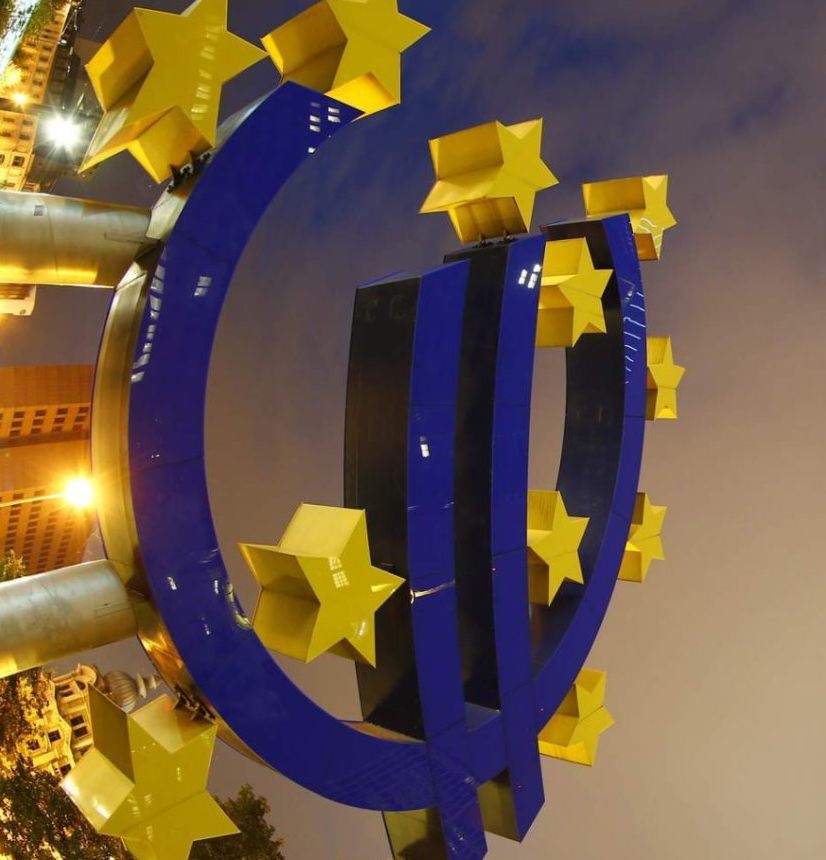ECB to pump $1.2tn into eurozone in bid to prevent economic meltdown
The European Central Bank (ECB) confirmed a €1.1tn ($1.26tn) quantitative easing (QE) programme on Thursday, aimed at halting the eurozone’s slide towards economic stagnation. The monetary policy measure, announced by ECB president Mario Draghi, was bolder than investors had expected - with European stock markets rising and the euro falling in value as details emerged. Its current stimulus would be extended from March when the central bank would spend a combined $69bn a month on sovereign and corporate bonds until September 2016.
It should not obscure the fact that the real growth impulses must come from conditions set by the politicians.
German Chancellor Angela Merkel
Its aim is to prevent the 19-nation euro area spiralling into deflation - an entrenched period of falling prices which puts consumers and businesses off spending. The flood of money should also bring borrowing costs down, boost bank lending and weaken the euro further to bolster its competitiveness. The ECB said countries under a bailout programme, such as Greece, would be included in the QE programme but with some additional criteria. A snap General Election this Sunday could bring an anti-bailout party to power - a development which would potentially lead to the country’s exit from the single currency and cause chaos.

Business ECB